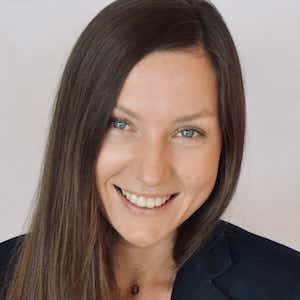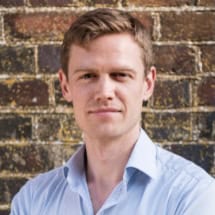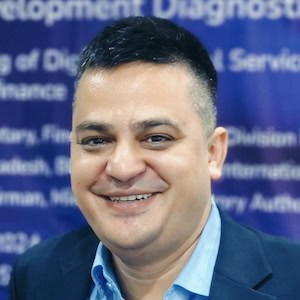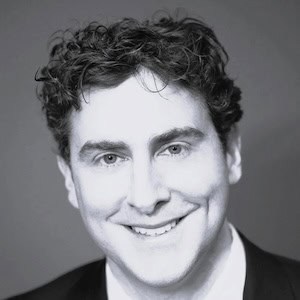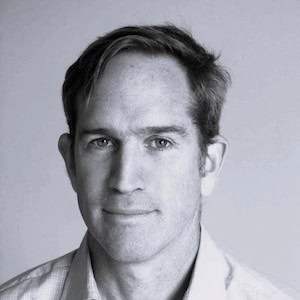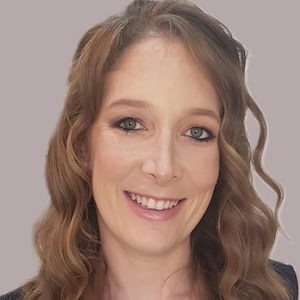-
Sterilization Without Electricity: Technology being adapted to make surgery safer in low-resource environments
Worldwide, 1.2 billion people lack access to electricity, and sterilizing medical instruments is currently impossible in the absence of an energy source. That’s why Eniware is building a power-free, low-cost, portable medical instrument sterilization unit.
- Categories
- Health Care
-
Using Feedback Loops to Move from Collaboration to Collective Impact : Part 2 in a series on the power of community feedback
This is the second post in a series on the power and potential of feedback loops to increase the social benefits of development assistance. In it, Jeff Edmondson of StriveTogether discusses the importance of being more disciplined about feedback loops and creating incentives that focus the right people on the right work at the right time.
- Categories
- Education
-
Don’t Forget Hygiene: Health care delivery in sub-Saharan Africa is complicated, but simple things still matter
Dr. Patrick Lukulay, vice president of the U.S. Pharmacopeial Convention’s Global Health Impact Programs and program director for the USAID-funded Promoting the Quality of Medicines program, was born and raised in Sierra Leone and has a unique perspective on how to get pharmaceuticals into the hands of the people who need them in sub-Saharan Africa.
- Categories
- Health Care
- Tags
- public health
-
Faith and Finance: The director of an Islamic microfinance institution discusses the challenges of mixing business and religion
In Kyrgyzstan, over 85 percent of citizens are followers of Islam, and many seek to run Halal businesses. So offering Shari’a compliant financial services just makes sense. But Kompanion Invest, the country’s only Islamic microfinance institution, is facing challenges as it tries to achieve full Shari’a compliance. The company’s director discusses those challenges, and the broader Islamic microfinance sector, in this frank Q&A.
- Categories
- Uncategorized
-
NexThought Monday: What’s your feedback loop? (Part 1)
With social change organizations desperate to find fitting solutions for the people they are trying to help, it’s curious that they haven’t been able to tap into this methodology. Why can’t social change organizations implement feedback programs that are equally effective? Is it possible to create similar mechanisms that require social change organizations to listen to what communities want—and then act on what they hear?
- Categories
- Education
-
Weekly Roundup – 11/22/13: Nudging the middle men and women of social enterprise
A new working paper doesn’t simply look at what small and growing businesses (those categorized seeking growth capital of between $20,000-$2 million) need to be doing, but what the “intermediaries” need to be doing to lift budding businesses.
-
The Program on Strategic Leadership in Inclusive Finance: From Harvard Business School and Accion
The six-day Harvard Business School–Accion Program on Strategic Leadership in Inclusive Finance offers leaders from around the world an exceptional opportunity to connect with peers while engaging with some of the HBS faculty’s foremost thinkers in business strategy and management.
- Categories
- Uncategorized
-
How Small Savings Can Replace Small Borrowing: A well-designed savings product can help low-income consumers avoid costly short-term credit
Everyone is taught that it’s good to save money for a rainy day. Yet low-income people often struggle to save, leading them to turn to more expensive options like high-interest payday loans. But recent research from Doorways to Dreams shows that a well-designed savings product can dramatically help these consumers reduce their reliance on costly short-term credit.
- Categories
- Uncategorized


